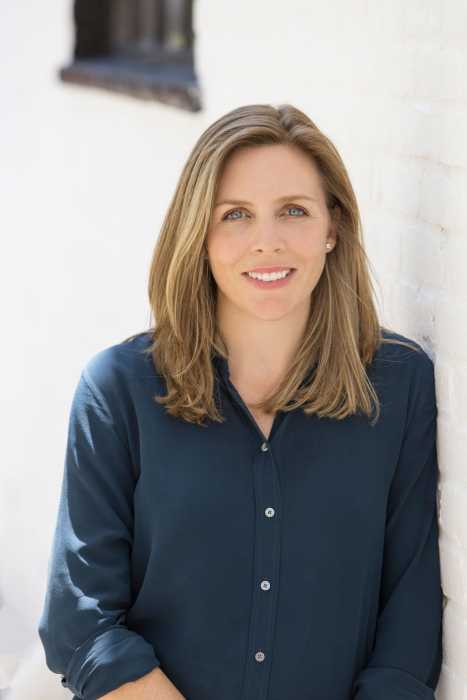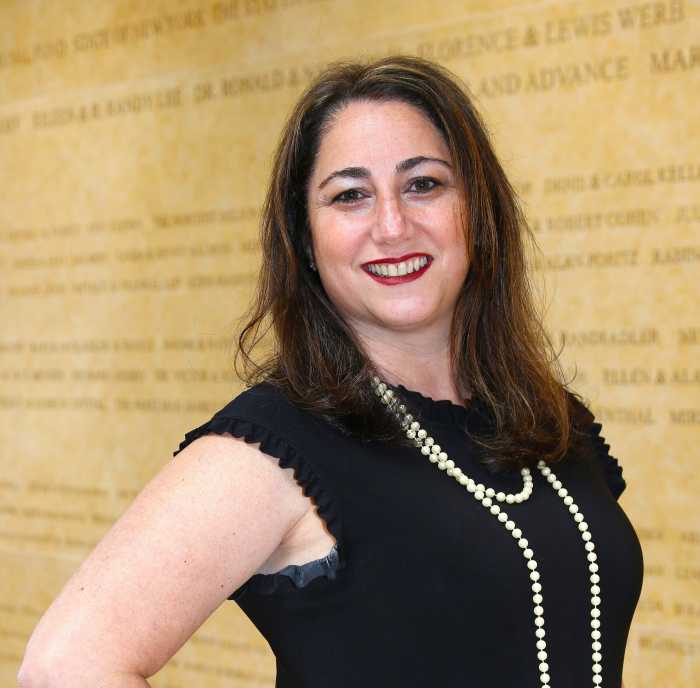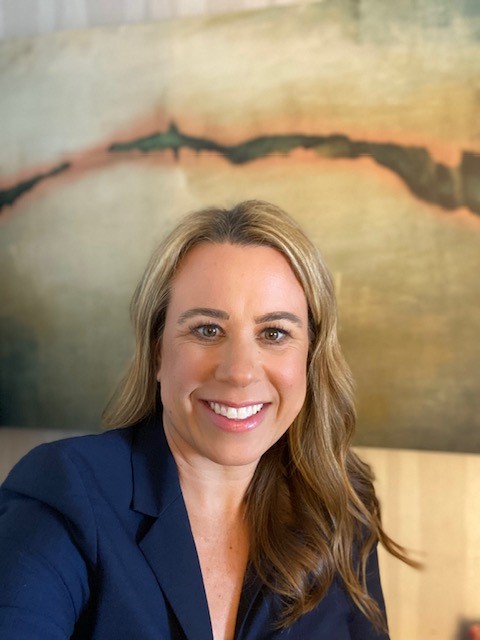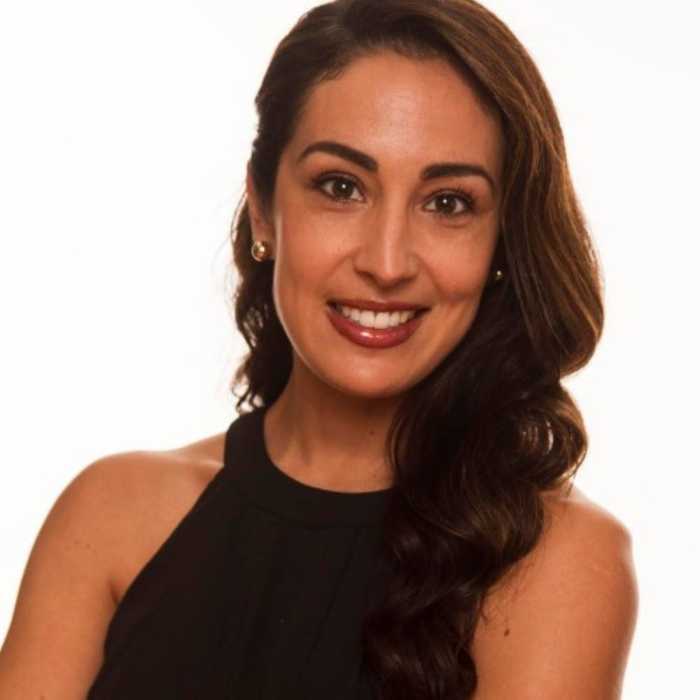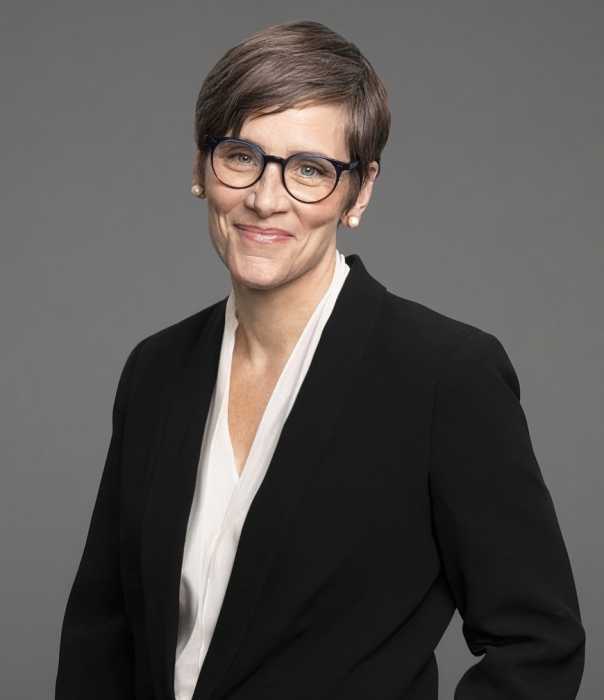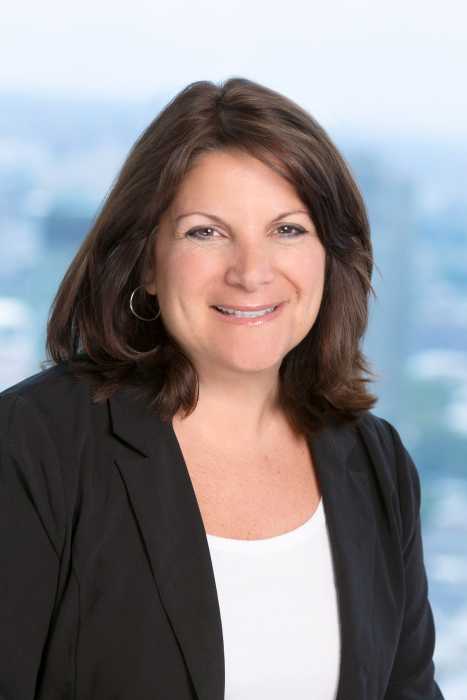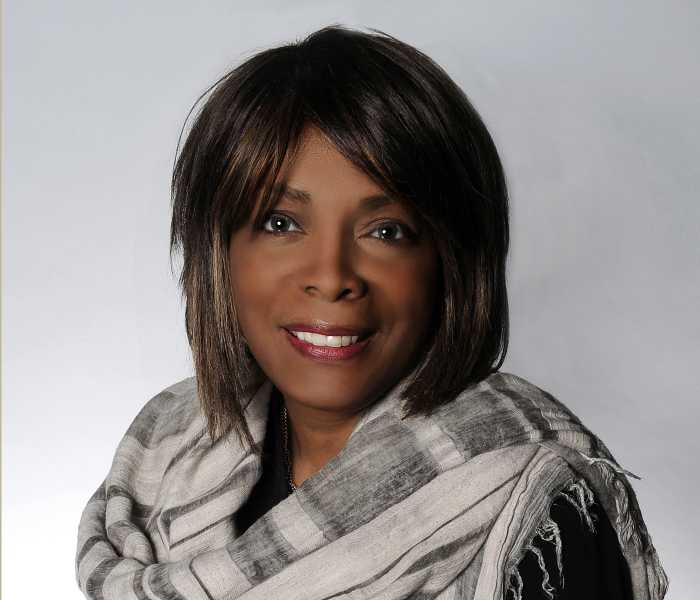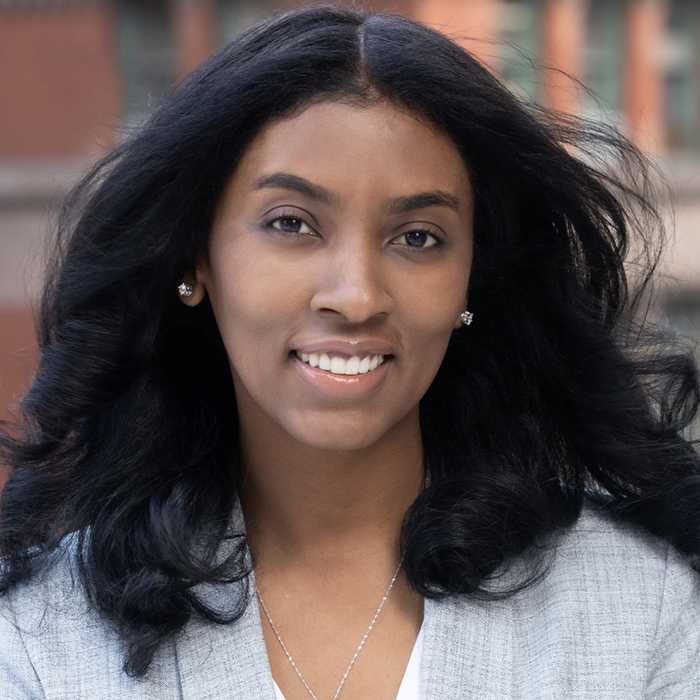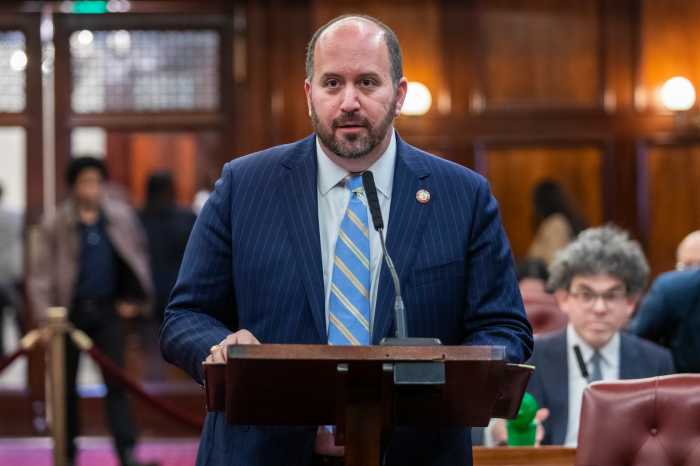Victoria Lamberth co-founded ZenFi Networks in 2013 and serves as chief revenue officer. She has 15+ years of building, managing, and selling digital infrastructure in the New York metro market. Ms. Lamberth is a board member at the Center for Hearing and Communication and is an advocate for children with hearing loss. Ms. Lamberth holds a B.A. from Boston College, and an MBA from the Tuck School of Business at Dartmouth College.
Why is corporate social responsibility important to you and your organization?
Digital infrastructure sits at the intersection of social, environment, and economic justice. The work we do, building neutral network infrastructure supporting wired and wireless service providers, has a critical impact on our communities. With opportunity comes responsibility to ensure we are building networks in the most efficient and equitable ways.
How does your organization ensure that CSR flows through all of its areas?
ZenFi is a BAI Communications company, and for the first time last year, BAI adopted ESG targets into our business strategy. BAI has been measuring ESG performance since 2018 and in 2022 published its first Sustainability report, an annual report measuring performance against specific ESG targets. By measuring and sharing these targets we can hold ourselves accountable to our communities, customers, and shareholders.
What are some of your organization’s specific CSR goals and what social impact do you hope to accomplish?
Our company is focused on five core areas based on the United Nation’s Sustainable Development Goals. These include targets around: (1) increasing diversity and equity across BAI and within the communities within which we operate; (2) connected communities; (3) responsible climate action; (4) maintaining ethical operations & supply chain; and (5) providing resilient infrastructure and services. Some specific targets include increasing female board participation, be net zero scope 1 and 2 emissions by 2040 across all BAI businesses, update all procurement policies to verify anti-slavery and health and safety standards.
How would you describe CSR in three words?
Doing what’s right


